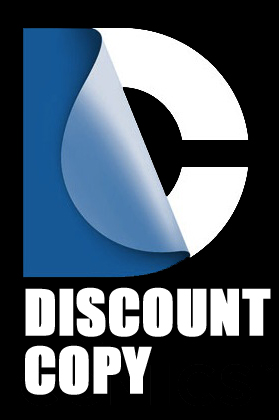The Wrap recently recently did an article that declared Liam Neeson a genuine action movie star since his latest film, the wolf punching movie The Grey, had a boffo opening weekend. They crunched the numbers and showed that the 59 year old Irishman's relatively modestly budgeted action movies usually outperform the actors that Hollywood insists are the real action movie stars like Matt Damon and Vin Diesel.
I agree with the numbers, they are pretty clear cut, but there is one word of the article I disagree with. They used the word "improbable" to describe Neeson's action movie status.
Let's see what Mr. Neeson thinks of that description:
I think he disagrees with that description.
Personally, I've long thought Neeson would have made a good action star, because he has many of the qualities a good, long running action star needs.
1. Commanding Presence. Neeson is a big, strongly built man, and it shows on screen. He looks and acts like a man who can take care of himself, and others, and be able to take command when the situation turns bad.
2. Humanity. A good action hero can't be superhuman. A good action hero in films that people will remember and watch for decades to come has to be in way over his head in every movie, but have the will and the grit to see things through.
What keeps Vin Diesel and Dwayne "The Rock" Johnson from breaking through to real consistent and substantial success outside the Fast & Furious franchise because there's too much posture and not enough humanity in their characters. They're arch, they're camp, they're not the sort of portrayals people really connect too beyond a fleeting comedic level. That "super-inhuman" quality is the main reason Diesel and Dwayne "The Rock" Johnson seem forced to do family comedies to "humanize" their image.
Neeson's characters don't pose, they just do. That's why audiences seem to truly connect with his action roles.
Matt Damon always struck me as too boyish to be a consistent action star, and his Bourne franchise is essentially a ninja-superhero cartoon with very shaky camera work. Also, they strike me as just paycheck roles that he does so he can still get top dollar for doing things that don't perform as well.
Watching most action movies you never feel a twinge of doubt that this time might be it for our intrepid hero. They're presented as superhuman and destined to win no matter what, and that carries not one whit of suspense with it. With no suspense, you're not a story, just a stunt show.
3. Experience. Now most Hollywood "experts" would assume that Neeson was too old to become an action star while in his mid-to-late 50s.
Bull.
Action stardom is one of the few areas where age can actually work to your advantage. John Wayne, Lee Marvin, and Charles Bronson became legends, but they really didn't hit their stride until as action movie superstars until they were in their late thirties or forties.
2. Humanity. A good action hero can't be superhuman. A good action hero in films that people will remember and watch for decades to come has to be in way over his head in every movie, but have the will and the grit to see things through.
What keeps Vin Diesel and Dwayne "The Rock" Johnson from breaking through to real consistent and substantial success outside the Fast & Furious franchise because there's too much posture and not enough humanity in their characters. They're arch, they're camp, they're not the sort of portrayals people really connect too beyond a fleeting comedic level. That "super-inhuman" quality is the main reason Diesel and Dwayne "The Rock" Johnson seem forced to do family comedies to "humanize" their image.
Neeson's characters don't pose, they just do. That's why audiences seem to truly connect with his action roles.
Matt Damon always struck me as too boyish to be a consistent action star, and his Bourne franchise is essentially a ninja-superhero cartoon with very shaky camera work. Also, they strike me as just paycheck roles that he does so he can still get top dollar for doing things that don't perform as well.
Watching most action movies you never feel a twinge of doubt that this time might be it for our intrepid hero. They're presented as superhuman and destined to win no matter what, and that carries not one whit of suspense with it. With no suspense, you're not a story, just a stunt show.
3. Experience. Now most Hollywood "experts" would assume that Neeson was too old to become an action star while in his mid-to-late 50s.
Bull.
Action stardom is one of the few areas where age can actually work to your advantage. John Wayne, Lee Marvin, and Charles Bronson became legends, but they really didn't hit their stride until as action movie superstars until they were in their late thirties or forties.
An action star has to look like he's been through stuff, be it war, crime, or just a hard like. They need to look like they've lived a little, taken a few punches, know what it feels like to be hurt physically, but still keep going.
Too many of the actors pushed on us as "action star" either look like their experience is centered entirely on the gym, and/or the hair salon. You can't really buy them as a veteran of anything.
Sure, the bulk of Neeson's career was spent as a dramatic actor, and he's a truly talented dramatic actor, but there's nothing improbable about him being an action star outside of the fact that it didn't happen sooner.
-------------
I'm collecting questions for an upcoming Q&A post. So CLICK HERE and ask me anything pop culture or business related questions in the comments.































